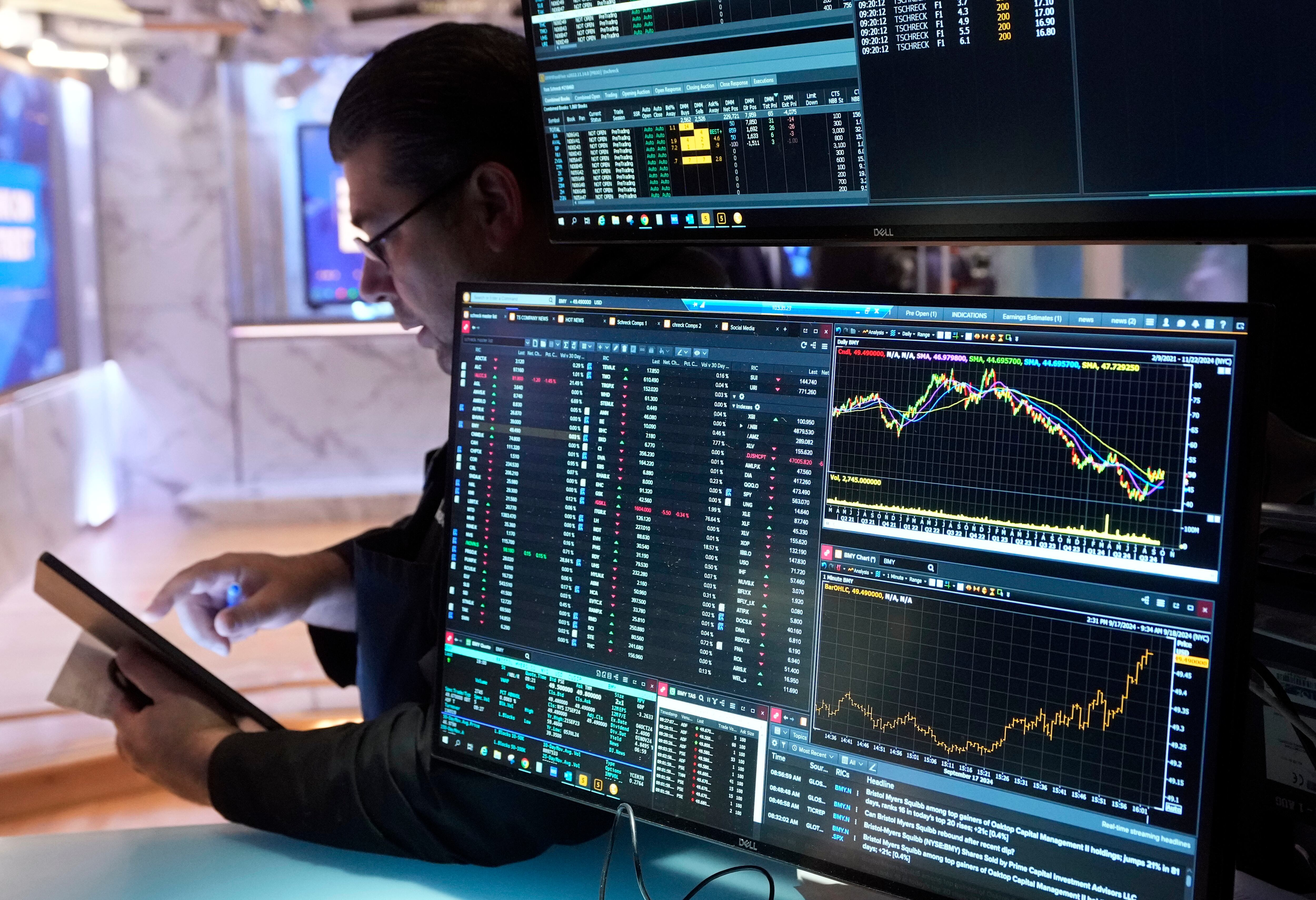*By Carlo Versano* The next generation of wireless technology could be so fast, easy, and affordable that it may pose an existential threat to cable companies. Verizon CEO Hans Vestberg told Cheddar in an interview Monday, just as the company was preparing to "switch on" 5G service in its first markets, that the new innovations will make the delta between this and older technology like LTE monumental for consumers. Among the biggest changes with Verizon's ($VZ) 5G network: it does not require any wiring into the home, since it uses short-range radio frequencies and "small cells." That makes it ideal for dense urban areas ー where the high frequency end of the radio spectrum can blanket a lot of people ー but trickier to deploy in rural and suburban areas, where homes are farther apart. "It's a more efficient way of deploying broadband to your home," said Vestberg. It will also save Verizon money on installation and hardware costs. However, the technology has the potential to exacerbate the so-called digital divide. Cell technology currently relies on relays between cell towers, which cover a lot of physical ground and provide more or less equal coverage to people within range. But short-range radio infrastructure can be installed and targeted to high-demand neighborhoods, which in many cases are likely to be wealthier. Without policy in place, it would be hard to imagine the telco companies not first going where the demand is, leaving other areas without coverage. Furthermore, FCC Chairman Ajit Pai has [said] (https://www.cnbc.com/2018/09/28/fcc-ajit-pai-regulations-not-tariffs-are-biggest-barrier-to-5g.html) regulations are hindering 5G deployment Verizon's service is being rolled out in four test cities ー Houston, Indianapolis, Sacramento, and Los Angeles ー with at least 50 more in the pipeline, according to Vestberg. "We want to do a world that is cordless," he said. Telecommunications giants are spending billions, racing to get their 5G infrastructure in place as more consumers cut the cord. If the difference in speed between 5G and LTE means a download takes seconds instead of minutes, Vestberg said that could be enticing to customers as they decide whether to keep their cable bundles. He said he sees a 5G network paired with an OTT service as a serious competitor to cable. "It's a new way to get TV into your home," he said. Among the issues that will see huge improvements with 5G is latency. Vestberg said that while speed may be more critical for consumers, "latency is the most important" for nascent technologies like autonomous vehicles. Latency is how much time it takes between when a user makes a command and when a network receives it. Even if just milliseconds, the difference could be life-and-death for self-driving cars making decisions from LIDAR and GPS. "That's the promise of 5G," Vestberg said. For full interview [click here](https://cheddar.com/videos/verizon-rolls-out-5g-in-four-cities).












